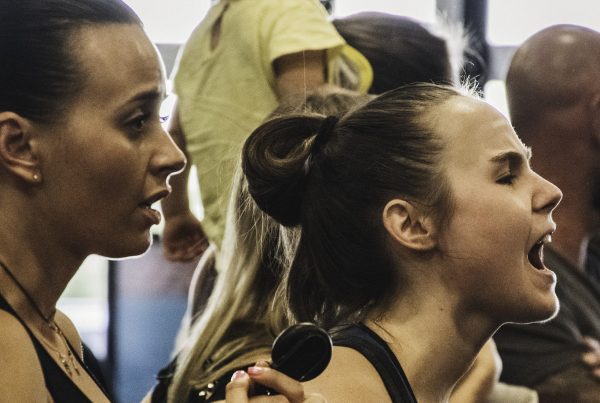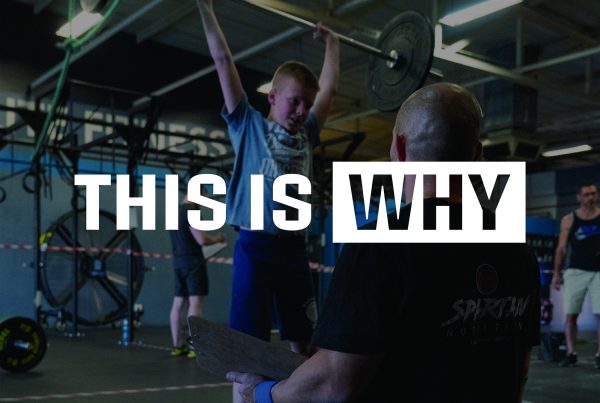Ever since our class schedules began to grow, way back in early 2011 for HQ and in 2015 for East, there have been the morning and evening “crews.” People frequent a particular training time partly because of life commitments and partly because of the other people that train at that time. Based on those two simple factors, training in the morning or evening may have it’s pros and cons for you. Are there real advantages to training at a particular time of day, though?
Yes and no.
In my opinion, the time of day doesn’t matter. What matters is that you are training with intent. However, there has been a fair amount of research comparing the effects of morning versus evening training. Let’s sum it up for you.
Performance
Research has shown that power (the ability of a muscular unit, or combination of muscular units, to apply maximum force in minimum time) is highest in the afternoons and evenings. Although studies show that stamina (the ability to keep producing and using energy a.k.a fatigability) doesn’t seem to be affected, those studies gave the morning group longer warm-ups. So perhaps longer warm-ups are important when training early in the morning?
If you are really interested in performance, afternoon or evening training might be better. And if your schedule requires you to train in the mornings, spend more time warming up.
Health
The findings are less clear cut here. Some research has shown that morning training improves markers of health more than evening training. Other studies have shown the opposite, and some research has found no difference.
One important finding, however, is that evening training produces a more favourable testosterone/cortisol ratio. Testosterone is good because it stimulates growth and adaptation. In contrast, cortisol is a stress and catabolic hormone. Exercise stimulates the release of both hormones – testosterone for recovery and cortisol as part of a stress response. Remember, exercise is a stress on the body!
Cortisol is necessary to wake you up in the morning, so when you jump right under the barbell after waking your cortisol levels are spiked further and that might tip the testosterone/cortisol ratio the wrong way. That’s another point in favour of taking more time to warm-up if training in the morning.
Sleep
Given its importance, sleep warrants its own section. In general, the time you train will not have a negative impact on your sleep. However, there are plenty anecdotal reports stating that high-intensity exercise at night adversely affects sleep. The only way is to try it out. If the 6:30pm class leaves you constantly too wired to sleep, then get to bed earlier in favour of waking up for a morning session.
The reality for most of us is that either mornings or evenings only ever work due to life commitments. In which case you need to ensure that your sleep, nutrition and pre-workout prep is dialled in to get the most out of your workout. For the early morning warriors, get up 10 minutes earlier to give yourself a bit more time to warm-up. Most of you come in, sit on a roller without actually rolling, and have a chat. So you do have the time.
If you do feel like your energy is lacking during early morning sessions, you might need to get a snack. If you cannot eat something at least 60 minutes before the class, though, you’re better off training in a fasted state. In my opinion, coffee is the business before an early morning session. Read Tuesday’s blog about the benefits of caffeine.
All of that said, we do CrossFit to perform better at life and we fail beyond the margins of our experience. So if you’re accustomed to only training in the evening and you’re woken by an alien invasion one morning at 5am, you might come off second best….



